Saving, Preservation, Deliverance

Farms are, were, and always will be our salvation; small, diversified farms are the cornerstones of healthy, wholesome and stable communities and culture. When we named our organization, we did so in honor of farms. Without farms and the cultivation of the earth, our communities would struggle to eat. Many of us don’t recognize wild foods and many of us don’t garden - feeding ourselves would be a real challenge if it were not for farmers.
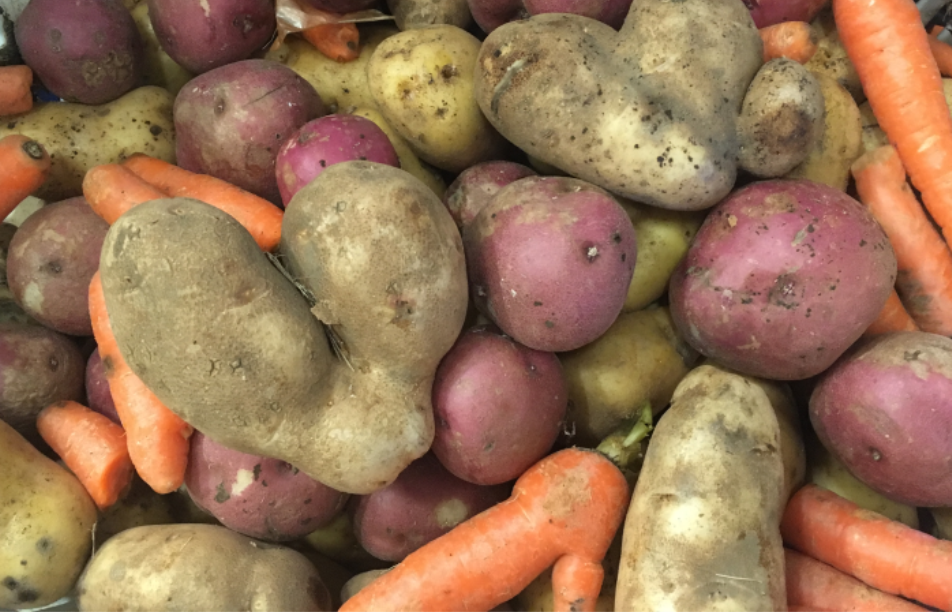
While Salvation Farms’ work is similar to many working to improve and strengthen the local food system, we are the only entity focused solely on building the strength of our state’s food system through the use of surplus, un-sold farm-raised foods.
We honor farms and work with them to move food they produce into their communities in ways they cannot afford. Salvation Farms has always said we serve farmers, volunteers, and the sites to which we move food. But really, we exist to serve eaters—all eaters. In the short-term, we help those most in need, those struggling to meet their nutritional needs. In the long-term, we help all of us become more food secure by building a more secure food supply.
Can you imagine what your community or your kitchen cupboards would look like if the large trucks that deliver food to your local stores stopped coming to your town?
Building regional food-system resilience is a pressing issue, as extreme weather events and the use of finite resources threaten our ability to provide for one of our most basic and shared needs – to eat. Salvation Farms sees how creating responses that use surplus farm food can strengthen and benefit the regional food system as a whole. If a region can build supports to make use of farm products not currently making it to market - that region will be well equipped to handle all of the food it produces and better able to feed more of its population.
Please support Salvation Farms’ important work this summer. We have a $25,000 summer fundraising goal and the first $20,000 raised will be matched. Your donation helps create a more food secure future for us all. Give today online.
We are thrilled to have been chosen as the Oxbow Music Festival’s non-profit partner again this year. We hope to see you at Oxbow River Park on Saturday August 24th. Gates open at 2:30. Proceeds from the on-site raffle will benefit Salvation Farms.

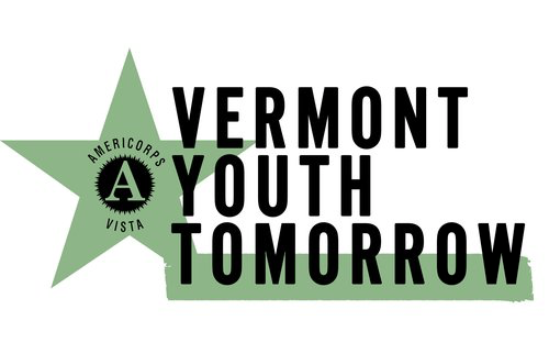
We asked Kadie Schaeffer, the Director of National Service at Vermont Youth Tomorrow, to reflect on the partnership Salvation Farms has had in providing meaningful experiences for AmeriCorps members over the past decade. Here’s what she said:
“A new phase of VYT’s enduring alliance with Salvation Farms is on the horizon, and I find myself waxing nostalgic. From the first VISTA serving under Theresa Snow’s guidance in 2008 to the two current VISTAs who will transition to Salvation Farms’ staff this September, I am grateful to Salvation Farms for providing quality opportunities allowing nine VISTAs to promote equity here in Vermont. I am proud that these VISTAs significantly contributed to expanding Salvation Farms’ programs and furthering Salvation Farms’ mission.”
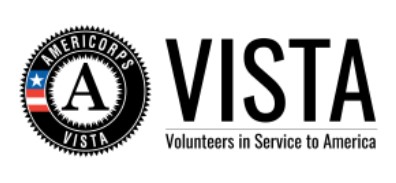
As our two VISTAs wrap up their years of service and transition into roles as full time staff this fall, we asked them to describe what being a part of Salvation Farms has meant to them. Here is what they have to say:
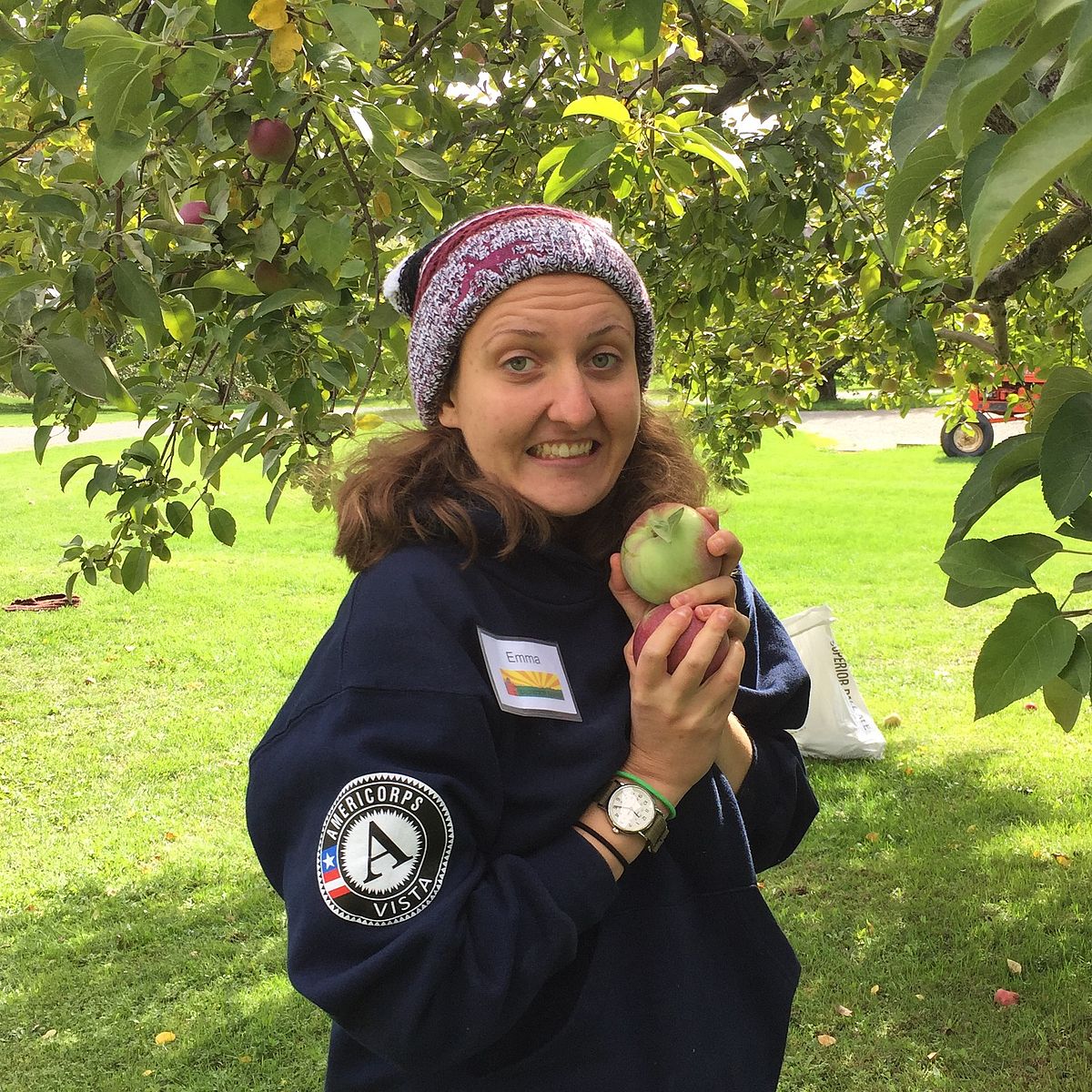
Emma Korowotny will transition from AmeriCorps VISTA to staff as Gleaning Assistant in September.
“Reflecting on the past year with Salvation Farms has me thinking more deeply about value: how we individually and socially define and assign value to things, ideas, and even people. The broad mission of Salvation Farms touches on the concept of value in so many different ways. I continue to be motivated in my role as a VISTA, helping others discover and redefine how we socially value and interact with food.
I have been able to see volunteers discover how brussel sprouts actually grow (on the stalk), personally mastered a sewing machine for potato sacks (not lefty-friendly), and collaborated with individuals and organizations pushing for systems-level change related to food production, distribution, and consumption (no small potatoes). Each of these experiences has deeply impacted me both personally and professionally, and demonstrate the wide reach of Salvation Farms’ mission.
The work of this organization aims to create more healthy and empowered communities and calls into question how we interact with food both individually and collectively, from the work and challenges of farms to how we access and prepare nourishing meals.
Assessing and revaluing the power of food beyond any sort of monetary label can only lead to more engaged communities, where we can all have a say in creating an even more vibrant, sustainable, and equitable society. We all benefit.” - Emma Korowotny
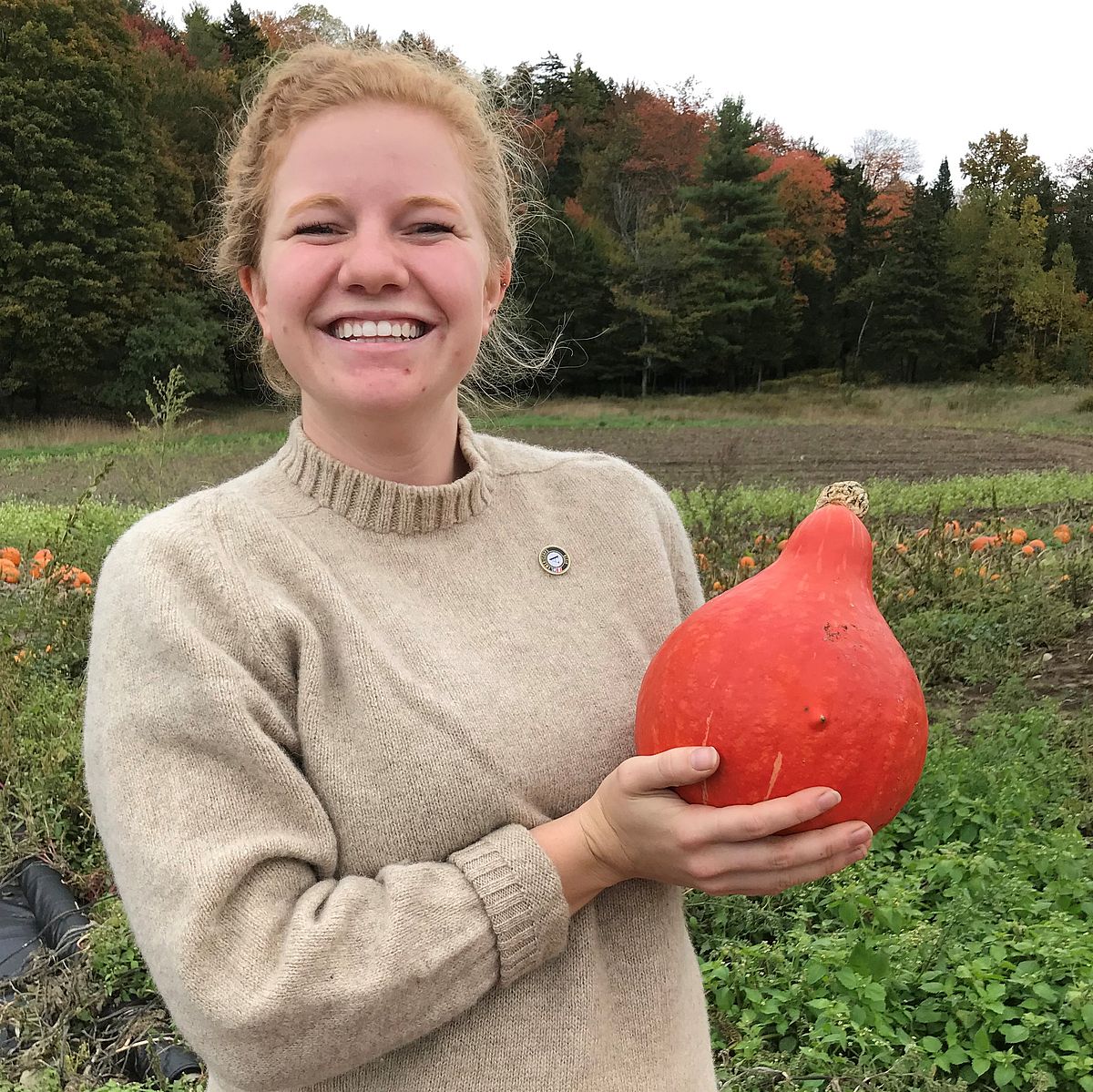
Danielle Smith (aka Dani) will transition from AmeriCorps VISTA to staff as Community Relations Coordinator in September.
““I’m going to work on a farm!” I enthusiastically announced last May as I was leaving college for my next adventure. My gleeful statement was not a total lie, due to my occasional assistance with gleans. But a year later, I believe I have personally reached out to each person I inaccurately told this to and tried to re-explain the importance of the year I am in the midst of with Salvation Farms.
I can chuckle at this now, but the relevance still presents itself on a regular basis for me in my role as the Community Engagement AmeriCorps VISTA, where I manage our networks of volunteers, donors, and community partners. Folks who are new to the organization will often tell me they are “excited to come see the farm.” I empathize with anyone, including myself, who has ever proclaimed this since fully grasping the depth of what Salvation Farms does takes time and a willingness to imagine.
After connecting folks’ excitement to a direct educational experience with one of our programs or providing more context to the scope of work we do, they are always enamored with the novelty of the idea and even more excited to help us pursue our unique mission.
Serving at Salvation Farms has exposed me to a mission and set of values so deeply aligned with how I believe the world should function - socially our food is managed more responsibly, our communities support each other, and our environment is cared for. I am forever grateful for the growth and learning I’ve experienced in my position as a VISTA and forever grateful for being placed at Salvation Farms.” - Danielle Smith
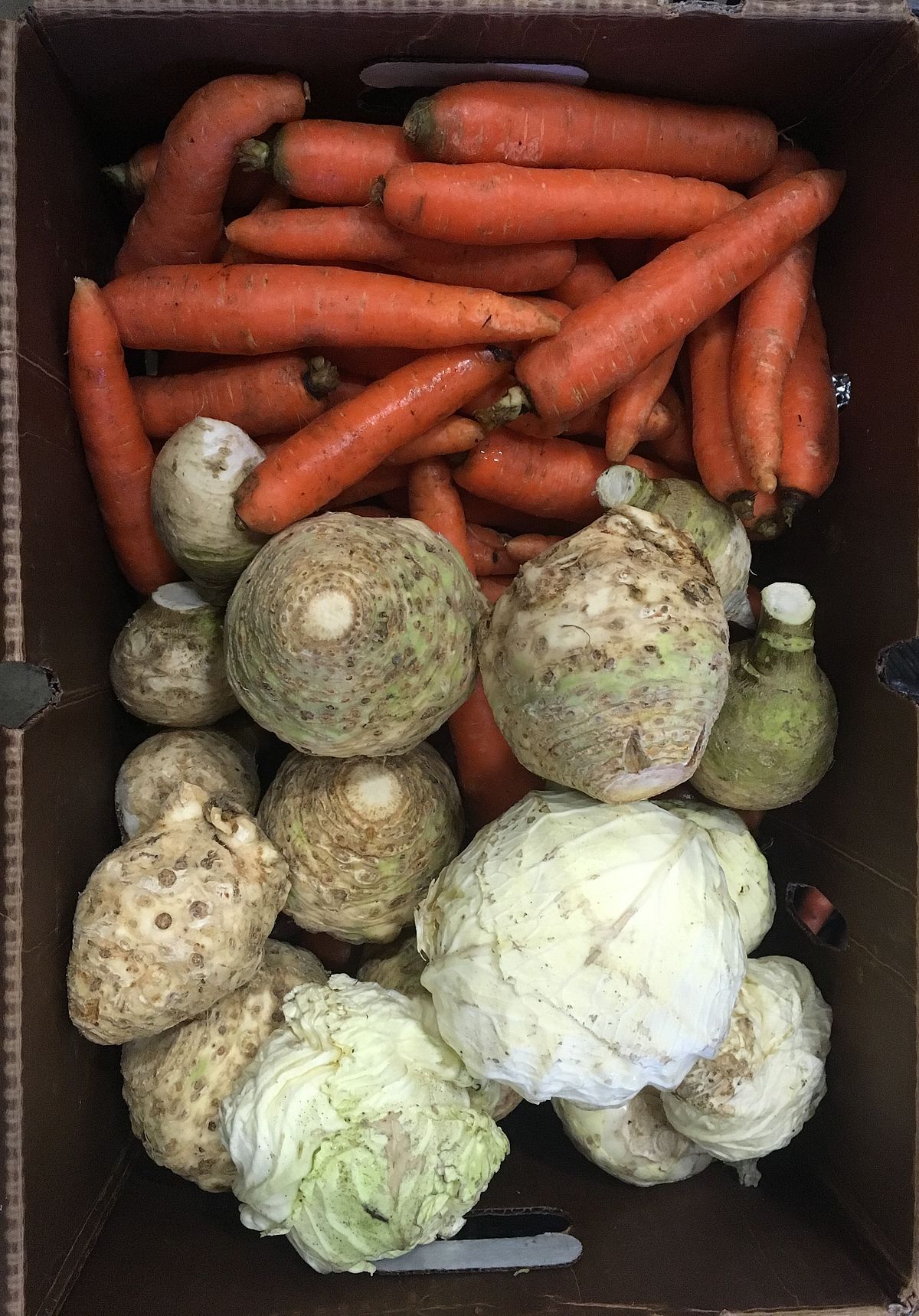
Salvation Farms’ most recent report gathered Vermont growers’ perspectives through interviews on how to reduce food loss on Vermont farms. The report includes but is not limited to the following thoughts:
- growers are interested in finding new markets for their surplus produce and are willing to sell surplus produce at lower prices to these to-be-developed markets, although are wary of inadvertently impacting their ‘firsts’ prices in the market.
- interests in public education campaigns to increase local consumption of seconds, in addition to local produce overall.
- recommendations to strengthen the donation system, such as more assistance in picking up and transporting produce to donation recipients.
- examine certain growing techniques, including the common practice of planting more than is needed in order to ensure that orders can be filled.
Based on common themes that emerged from the interviews, Salvation Farms’ report recommends seven actions to respond to food loss in Vermont. This new report from the organization contributes to a small but growing collection of research on agricultural food loss in America. Read the summary or full report under “Our Research” .
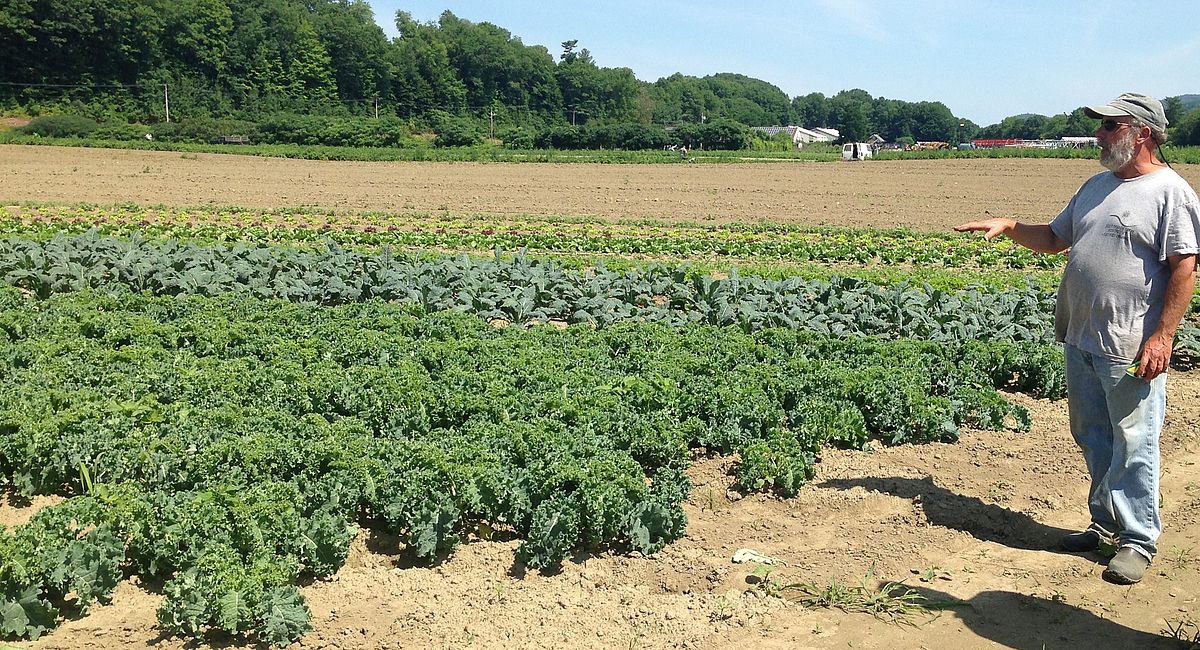
Much has taken place at our surplus crop food hub within the first six months of this year. This Winooski-based program space is where we operate the Vermont Commodity Program’s surplus crop cleaning, processing and distribution, as well as our workforce development training.
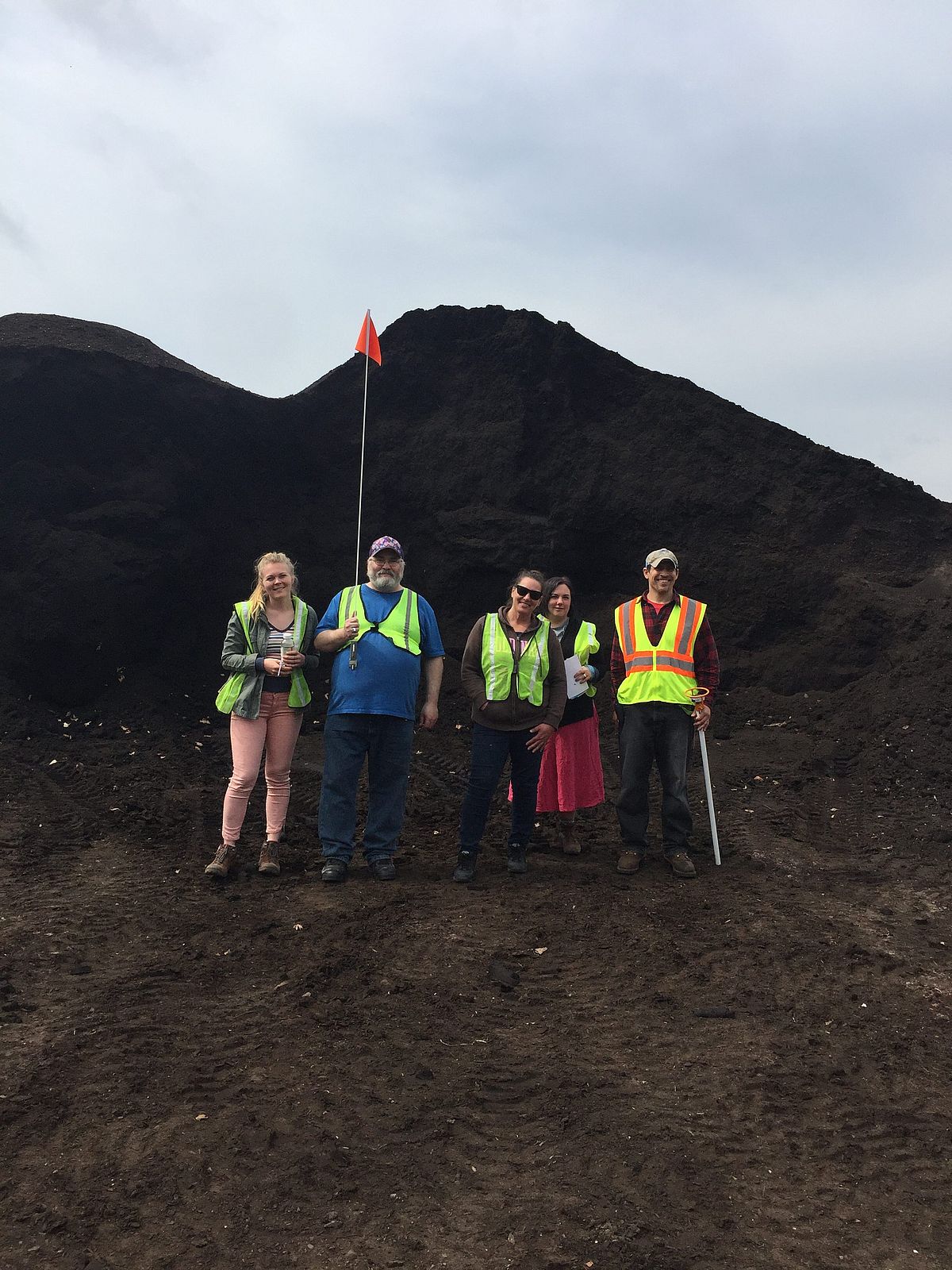
Since the start of the new year, three individuals completed our job-readiness training. Jobs have been secured and some college classes are being taken by the folks who ended their training with us in mid-May.
Trainees had the chance to meet and engage with many partners in the community - both on and off site through guest presentations and field trips.
Over the course of the winter/spring, 16-week training program - with the help of more than 45 volunteers - we moved more than 150,000 servings to a dozen Vermont-based sites that feed those seeking assistance in meeting their food needs.
Vermont Commodity Program trainees visit Green Mountain Compost (above) and prepare apple for saucing (right).
In addition to our normal deep-winter carrot and potato cleaning and packing, we experimented with our first ever applesauce endeavor. We are excited about the expansion of the minimally processed and frozen foods we are producing. Additionally, we are excited by the increase in surplus produce we have purchased from farms. This is an important development in our operations, one that has resulted in produce sales and distribution through our food hub to Vermont correctional facilities for use in their meals.
Salvation Farms is incredibly grateful to the three individuals who chose to spend time working, learning, and training with us this winter and spring. Our food hub operations would not be as feasible without their hard work and dedication - and that of our volunteers and community partners.
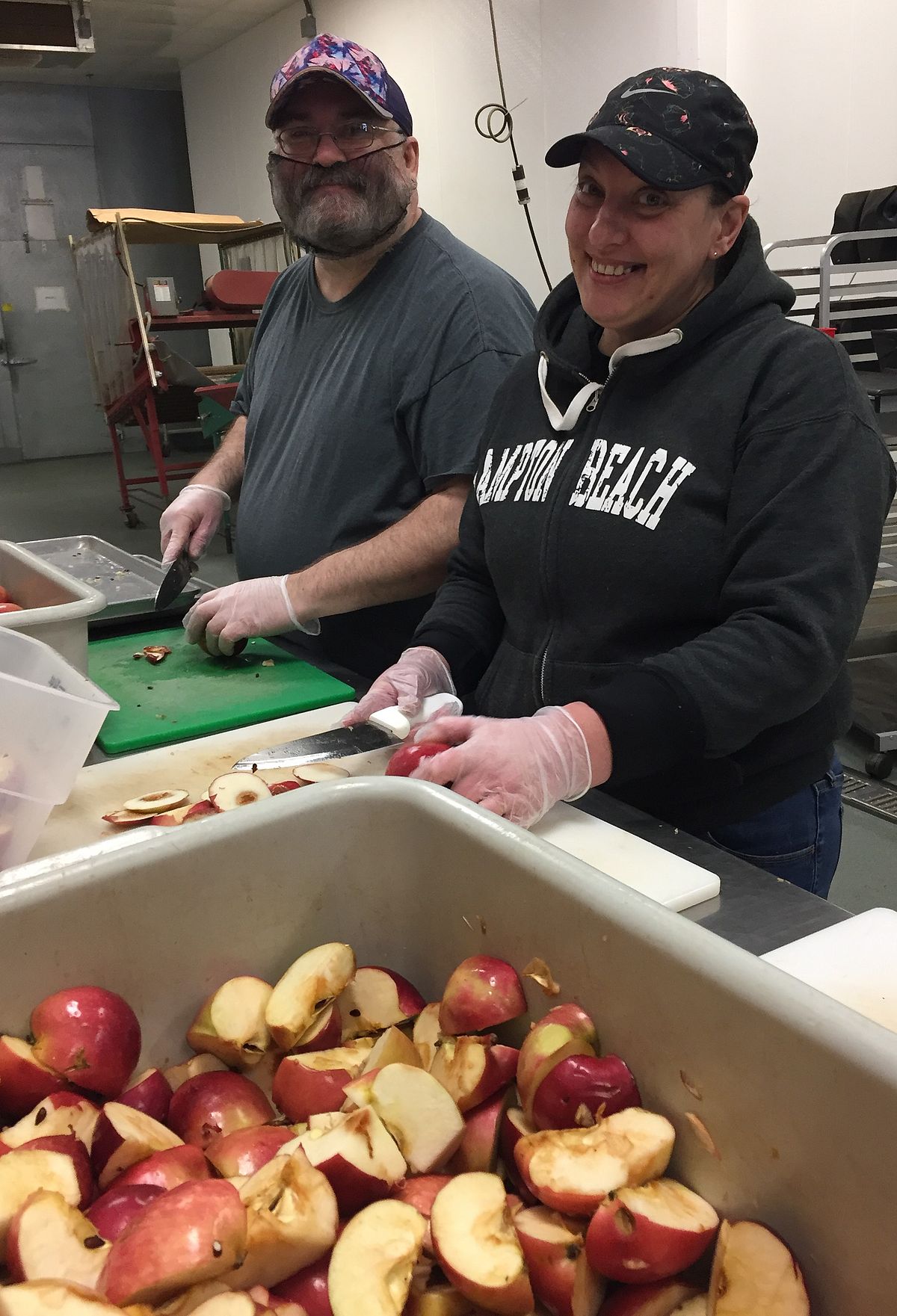
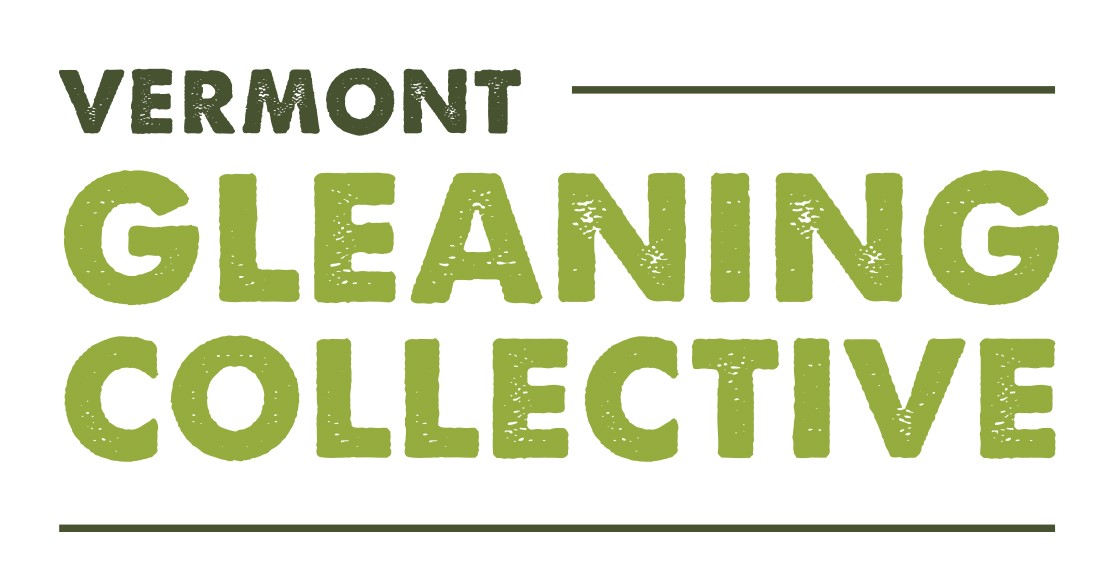
We are seeking gleaners to come join us in the fields this season through the Vermont Gleaning Collective. Last year, the Collective captured 1.5 million servings of locally grown food!
Register at VermontGleaningCollective.org.
